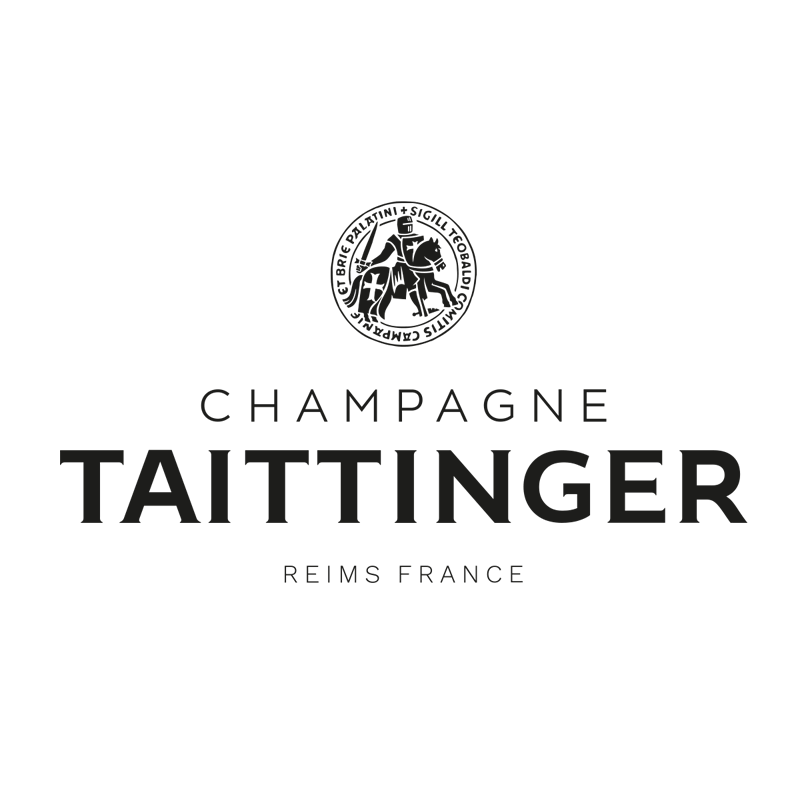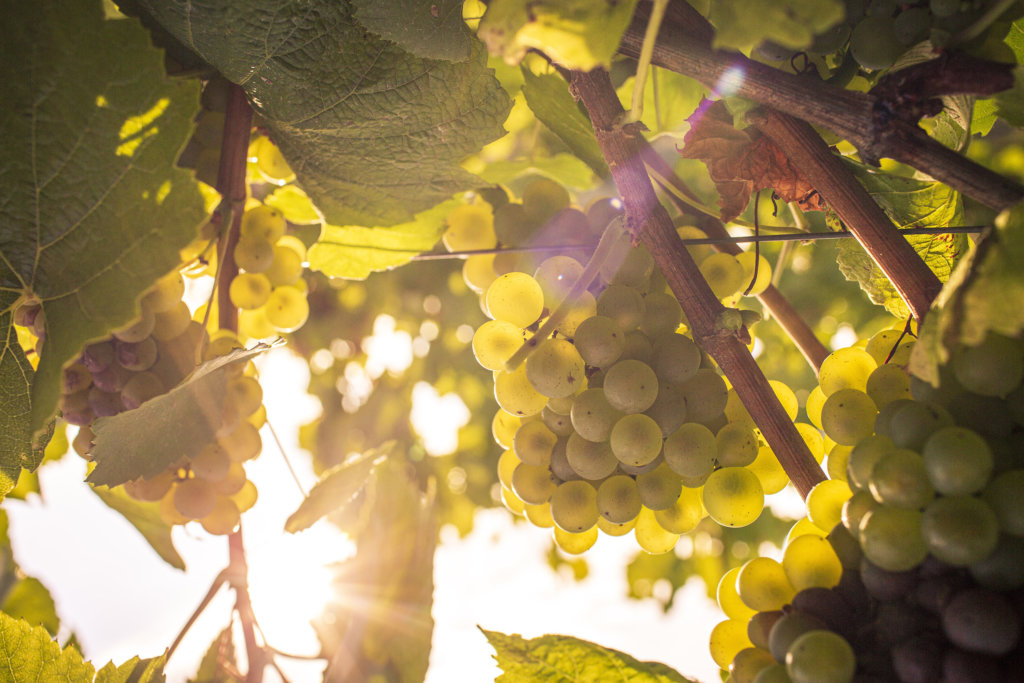Environmental Responsibility


Taittinger is under the “authorisation préfectorale”, a French government local representation, which requires it to follow certain environmental procedures. However, Taittinger believes in going the extra mile and implement many green initiatives over and above this, as part of their everyday working.
Taittinger is also undertaking a number of steps to respect official environmental regulations on water and waste as well as implementing a plan to reduce their environmental impact concerning energy usage, water and waste.

In 2017 Taittinger received two environmental accreditations : the ‘Viticulture Durable en Champagne’ (Sustainable vine-growing in Champagne) and the Haute Valeur Environnementale (HVE – High environmental sustainability). This approach also includes the responsible management of water, use of fertilisers and controlling of waste to preserve the biodiversity of the fauna and flora across the terroir and in the vineyards.
Packaging
Although difficult for Champagne to reduce weight due to the nature of the product being pressurised, consideration is given to the whole range of packaging in order to reduce the total weight. The whole appellation is working towards a lighter bottle and 80% of the glass comes from a recycled source, for Taittinger it is 94%. Following lighter weight bottle tests in 2010, Taittinger have been bottling wines in lighter bottles – 835 grams -7% reduction. This is a positive move in reducing their carbon footprint. All waste packaging (cardboard, paper, glass and steel from capsules) is recycled and Taittinger is constantly in talks with its suppliers to work out ways to improve.
Vineyard
Taittinger are leading the way as a Champagne grower. Typically using half the amount of fertilisers, herbicides and pesticides used by other growers. They own half of their vineyard base producing fruit for their Champagnes giving them control over what is used to treat the soil and vines.
A pioneer in the field, 90% of Taittinger vineyards are also planted with grass which negates the need for herbicides.
All viticultural by-products are developed or recycled at Taittinger’s expense. Taittinger are also moving to precision viticulture which means each vine can be managed individually if required and an important change has been the move to ‘selection massale’ where the vine stock is coming from our own vineyard source. The trend in the region is to replant hedges around the vineyards – a wide spread practice which encourages the growth of nature’s own pesticides – in their own vineyards, Taittinger reflects this trend.

